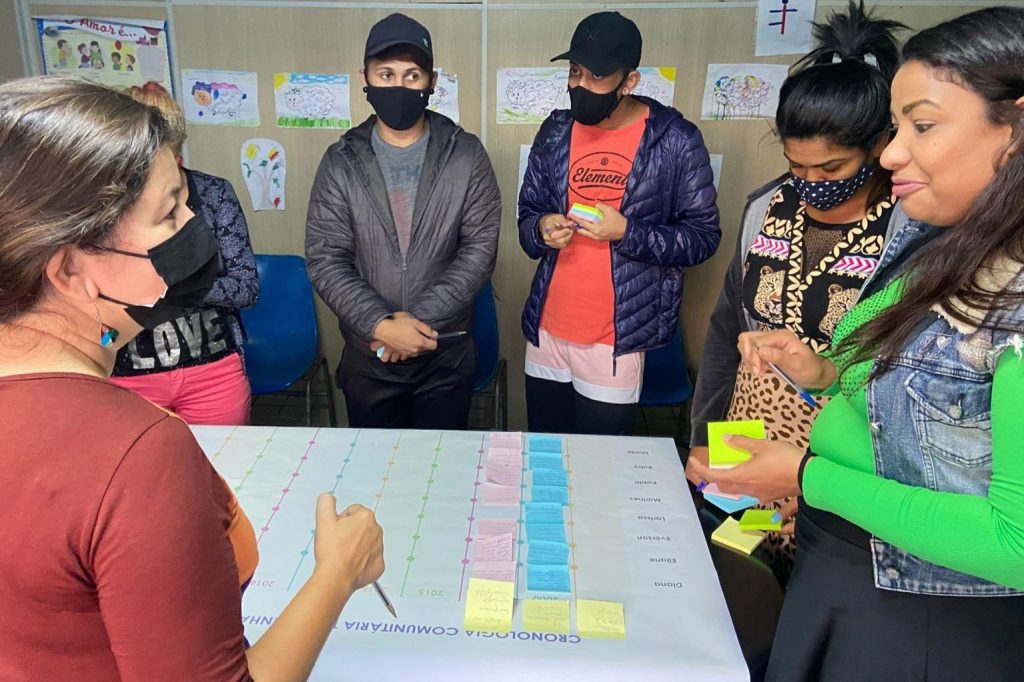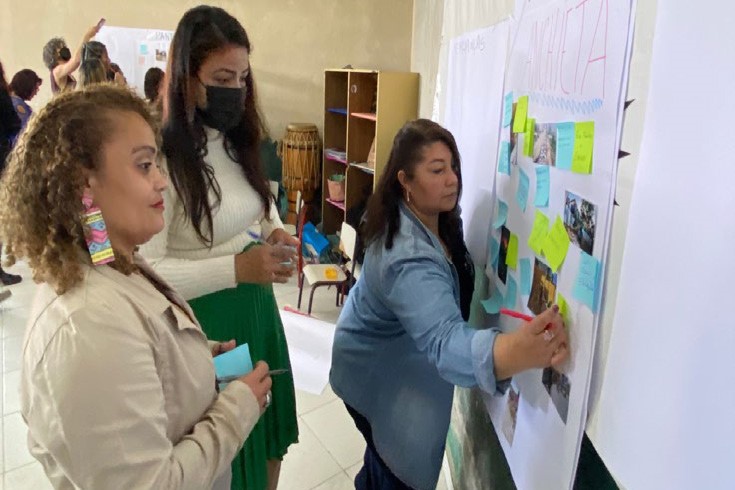CLIMATE WARRIORS
Intersectional Gender and Climate Justice Perspectives to Community-led Urbanization in São Paulo’s South Periphery
In collaboration with
Ana Paula Pimentel Walker
Mieko Yoshihama
Odessa Gonzalez Benson
Research Assistants
Srishti Jaipuria
Yunsong Liu
Partners in São Paulo, Brazil
Peabiru Trabalhos Comunitários and Ambientais,
Union of Housing Movements, UMM-SP:
Mara, União dos Movimentos de Moradia
Sheila, União dos Movimentos de Moradia
Benedito Roberto Barbosa, coordenador da CMP, co-fundador da UMM-SP, Advogado do Centro Gaspar Garcia de Direitos Humanos
Sponsored By
Taubman College of Architecture & Urban Planning, GRAHAM Sustainability Institution,
Institution for Research on Women & Gender
Date
Online Workshop: March-June 2022
In-person Workshop: June-July 2022
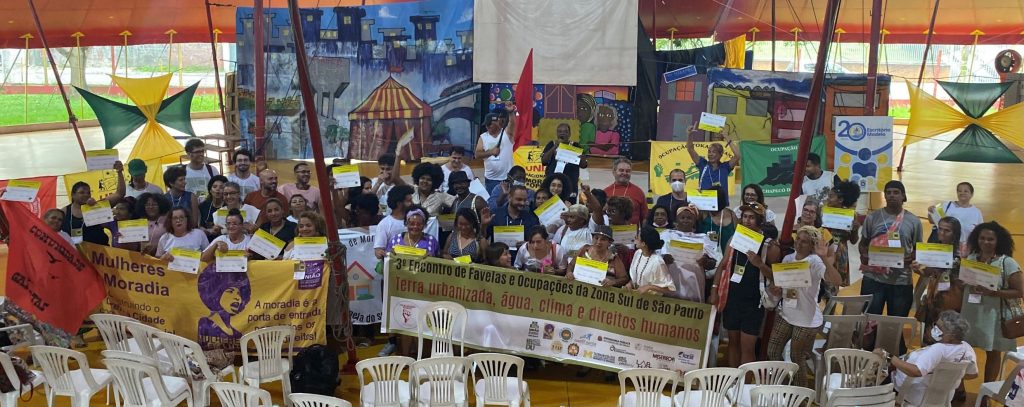
In the absence of government investment delivering basic public utilities and affordable housing options needed to confront the global climate emergency, informal dwellers become citizen architects and urbanists, creating resilient habitats and adapting to overcome the many threats facing their sustainability. This action research seeks to learn from community-led regularization and urbanization experiences from a climate and gender justice perspective. The project aims to train and empower leaders in the Anchieta, Pantanal, and Toka communities.
Through an alliance among informal dwellers, university-based researchers in architecture, urban planning and design, social work, housing movements, and non-profit organizations, this project applies a spatial, intersectional justice lens to learning from and supporting informal dwellers’ everyday urbanisms while joining social movements’ struggles for social transformation.
Basic Concepts: climate change, gender, and intersectionality in favelas & occupations
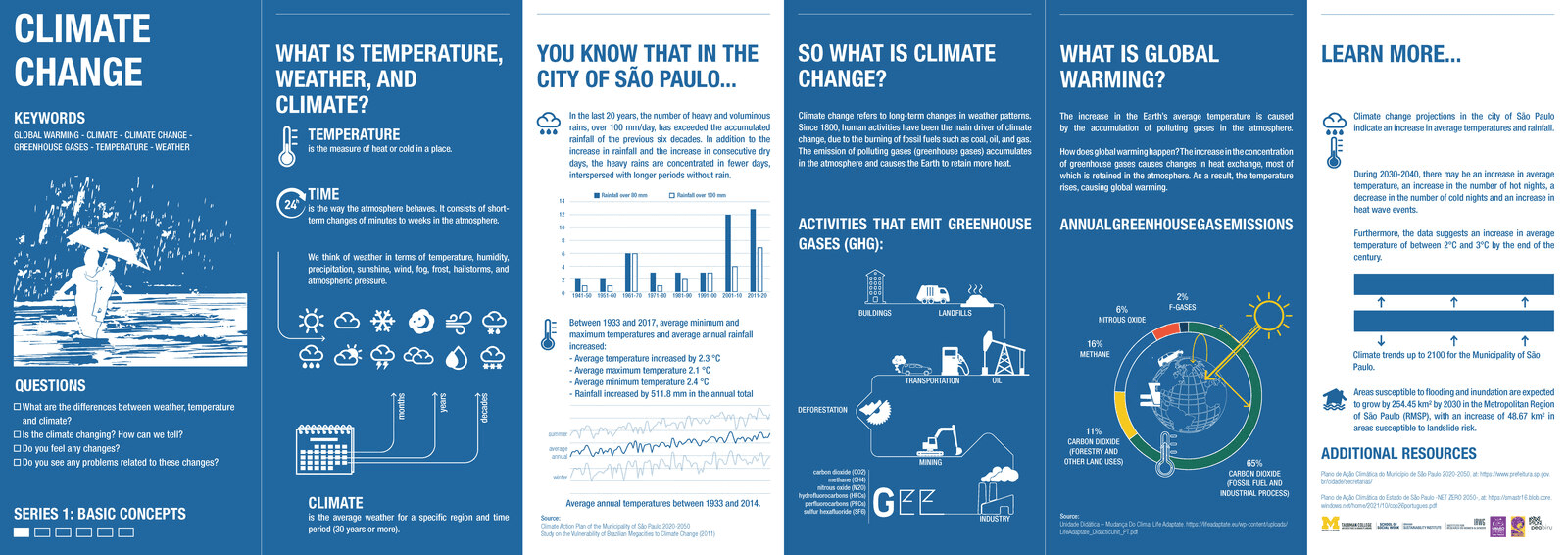
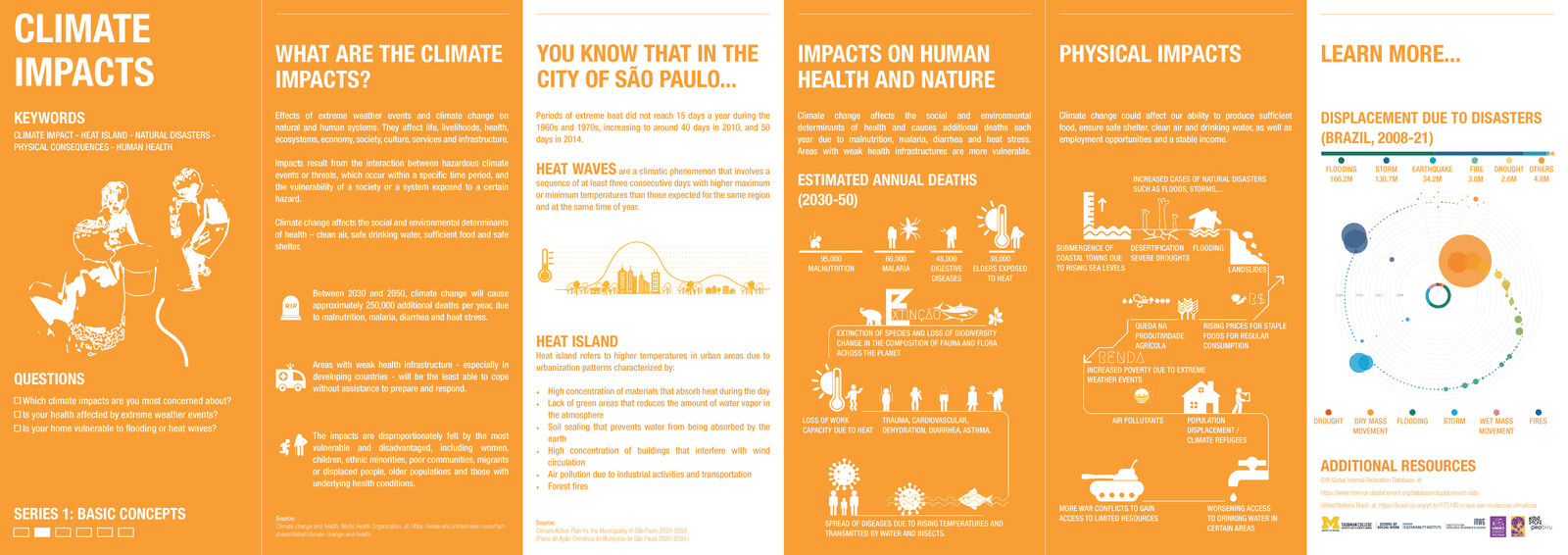
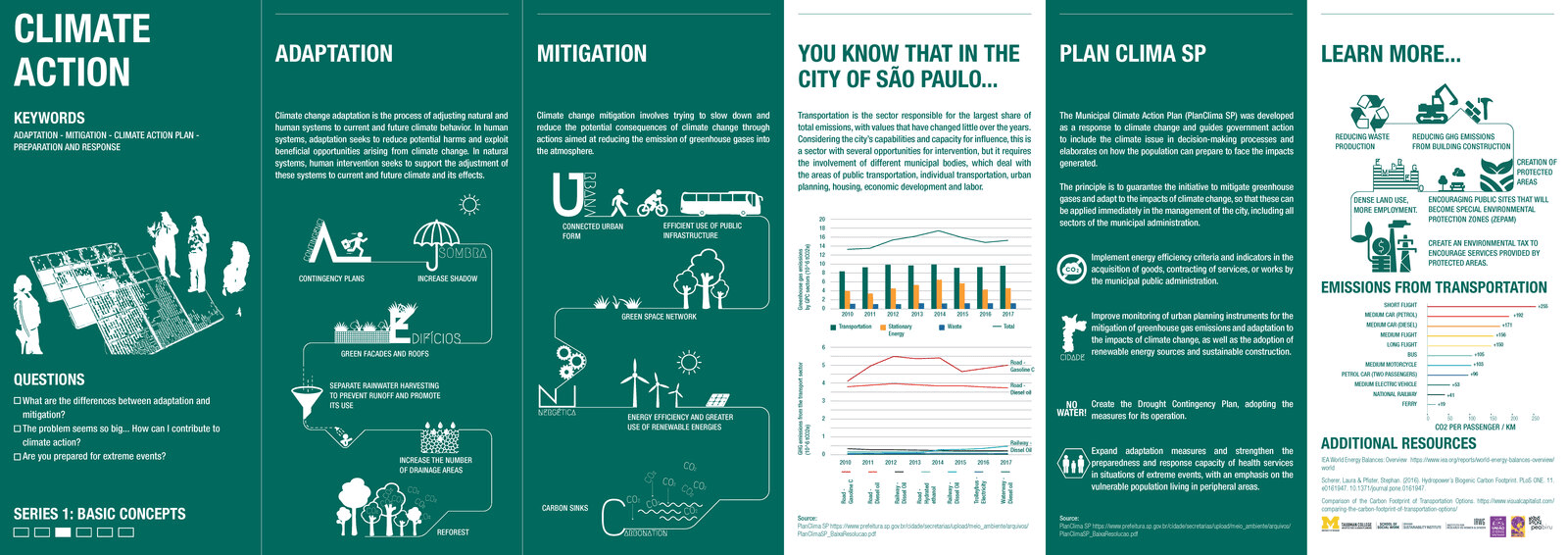
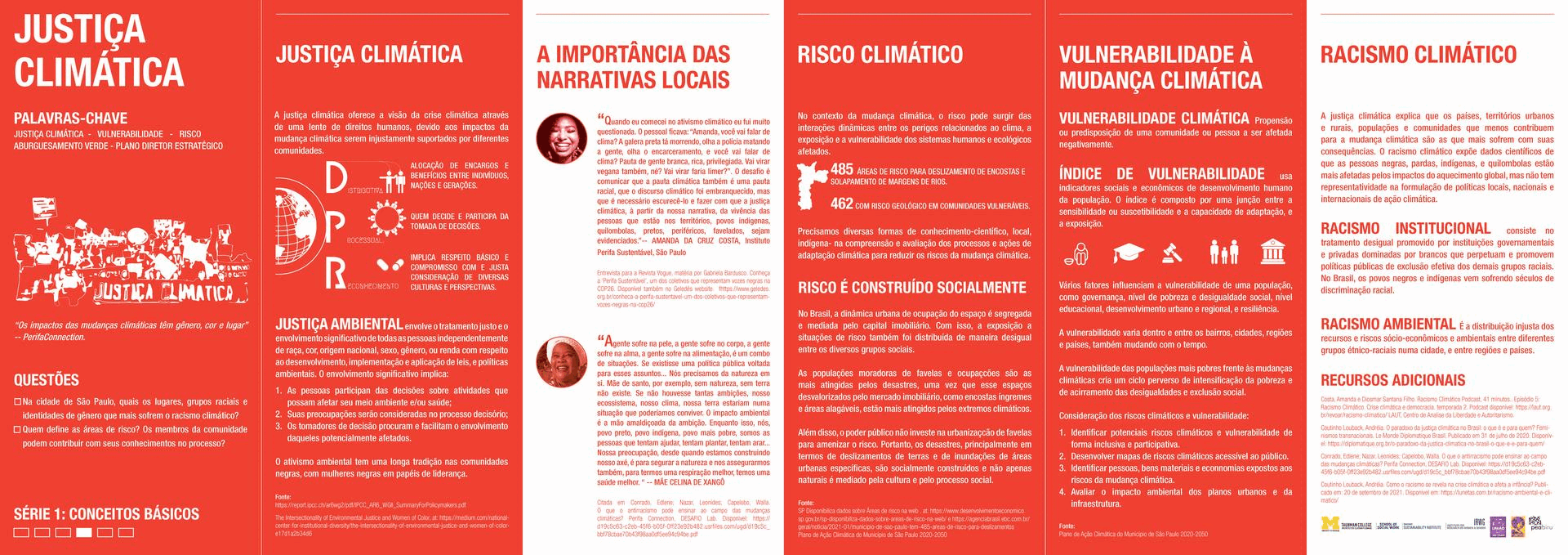
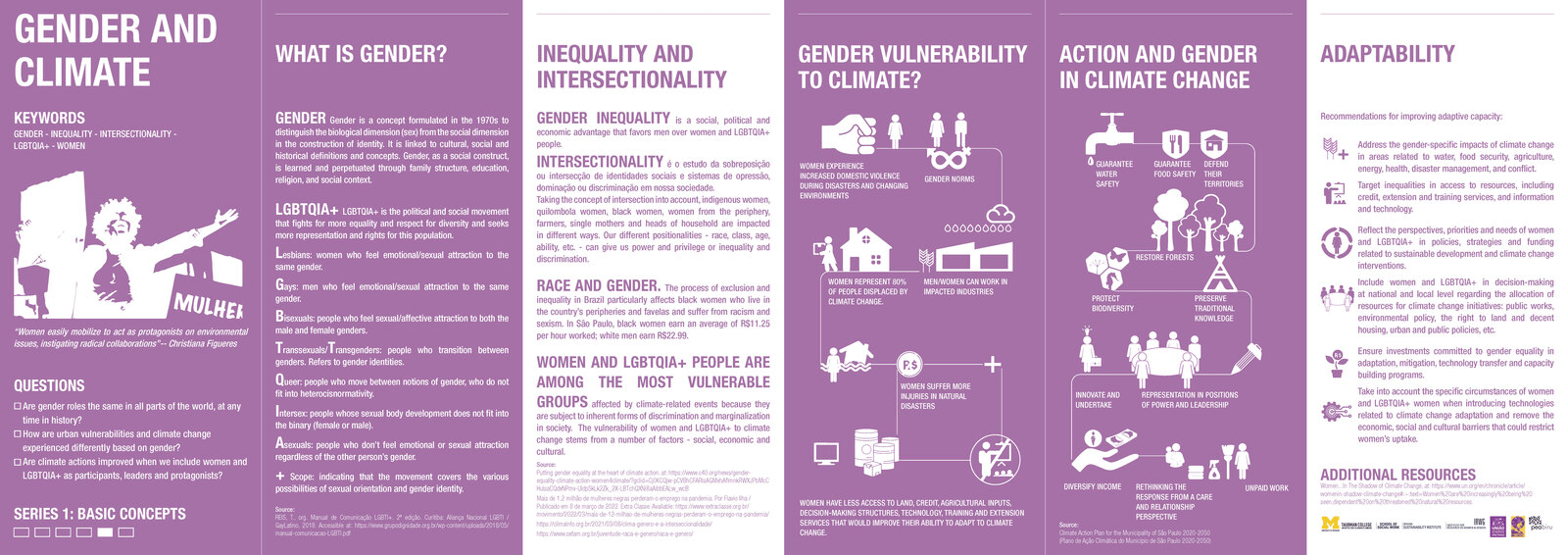
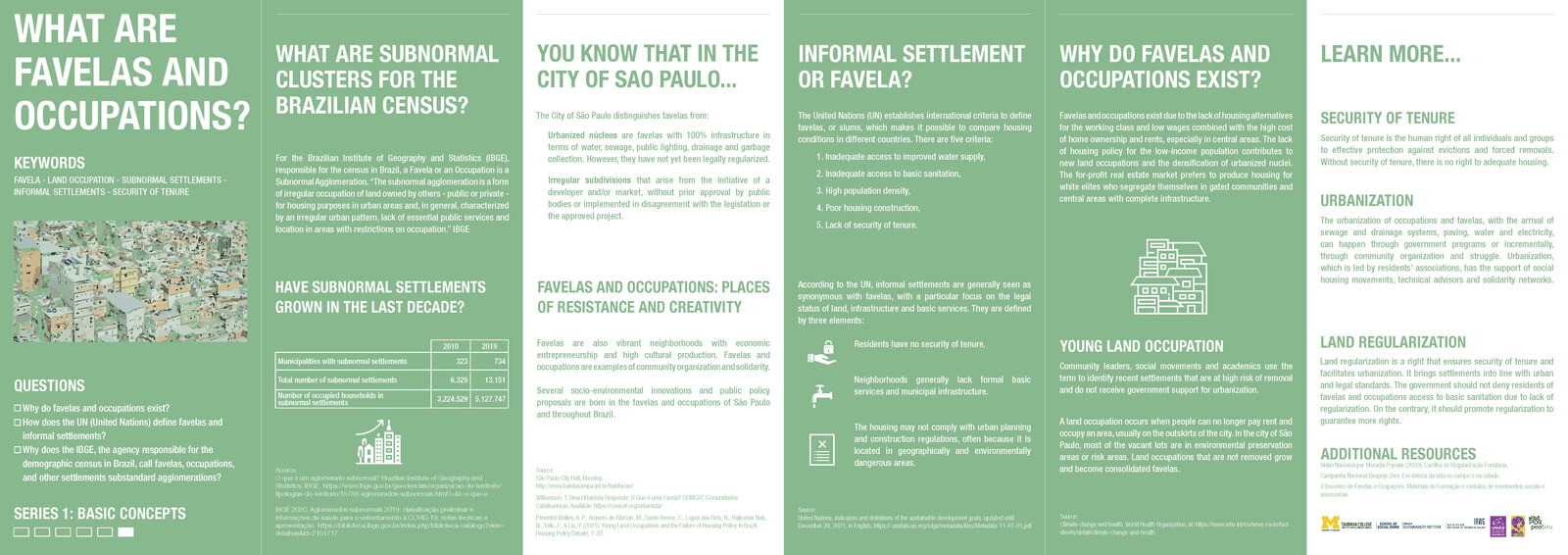

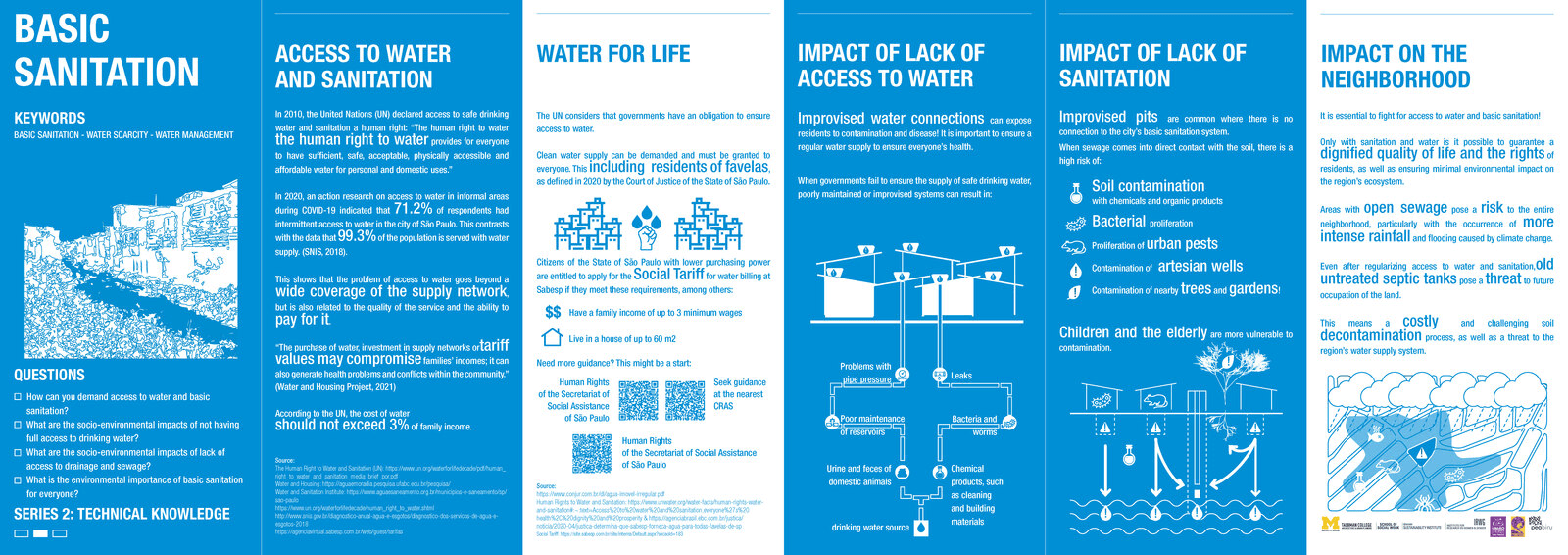
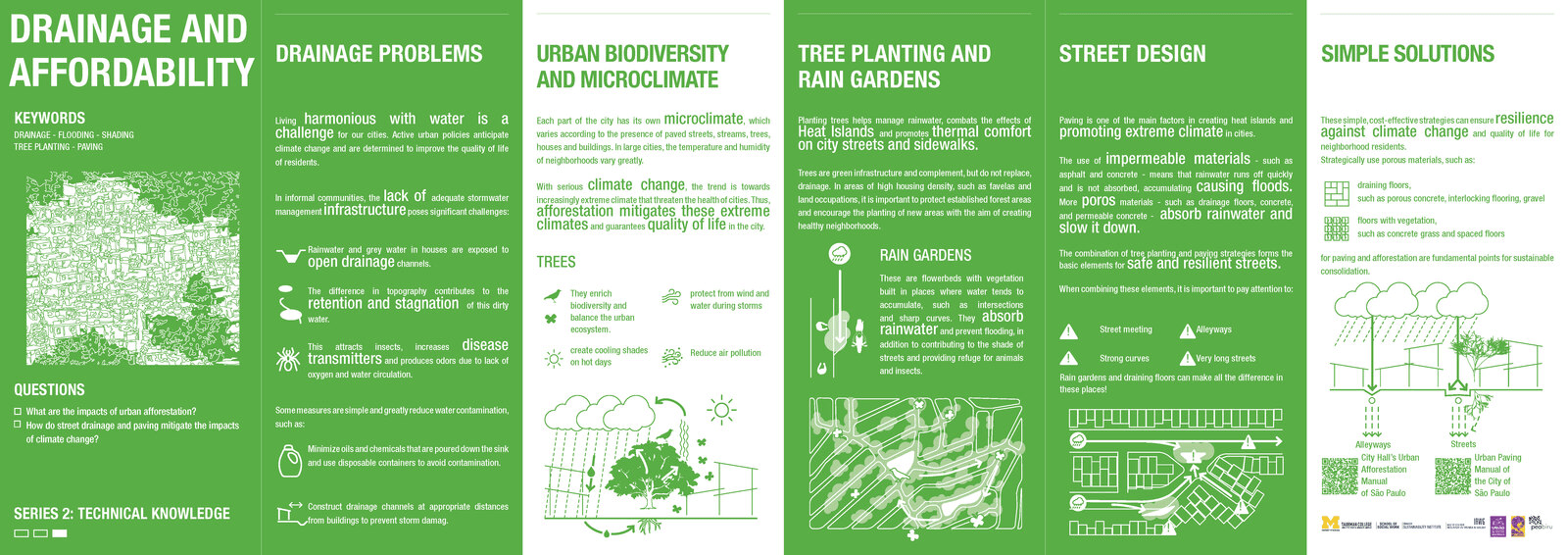
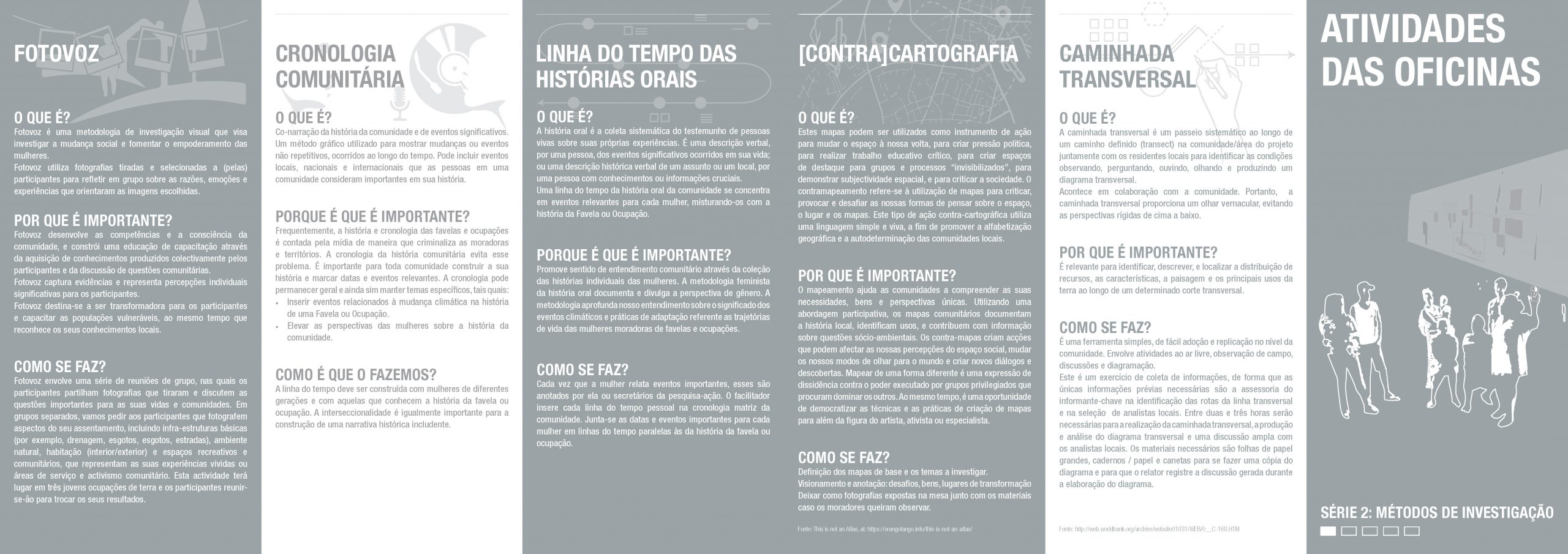
An intersectional approach highlights how people’s social identities can overlap, exacerbating experiences of discrimination. The intersectionality of including the perspectives of women, LGBTQIA+, black, brown, and Indigenous people is fundamental to community climate action. These groups are extremely impacted by the shocks of climate change, yet they donate their knowledge and time to defend human rights in favelas and settlements.
The face-to-face workshops are spaces for training and appropriation of climate change narratives for the context of favelas and occupations. The activities prioritize the co-production of knowledge between the university and the community on the role of the LGBTQIA+ community, women, residents of favelas, and occupations in climate action.
PhotoVoz
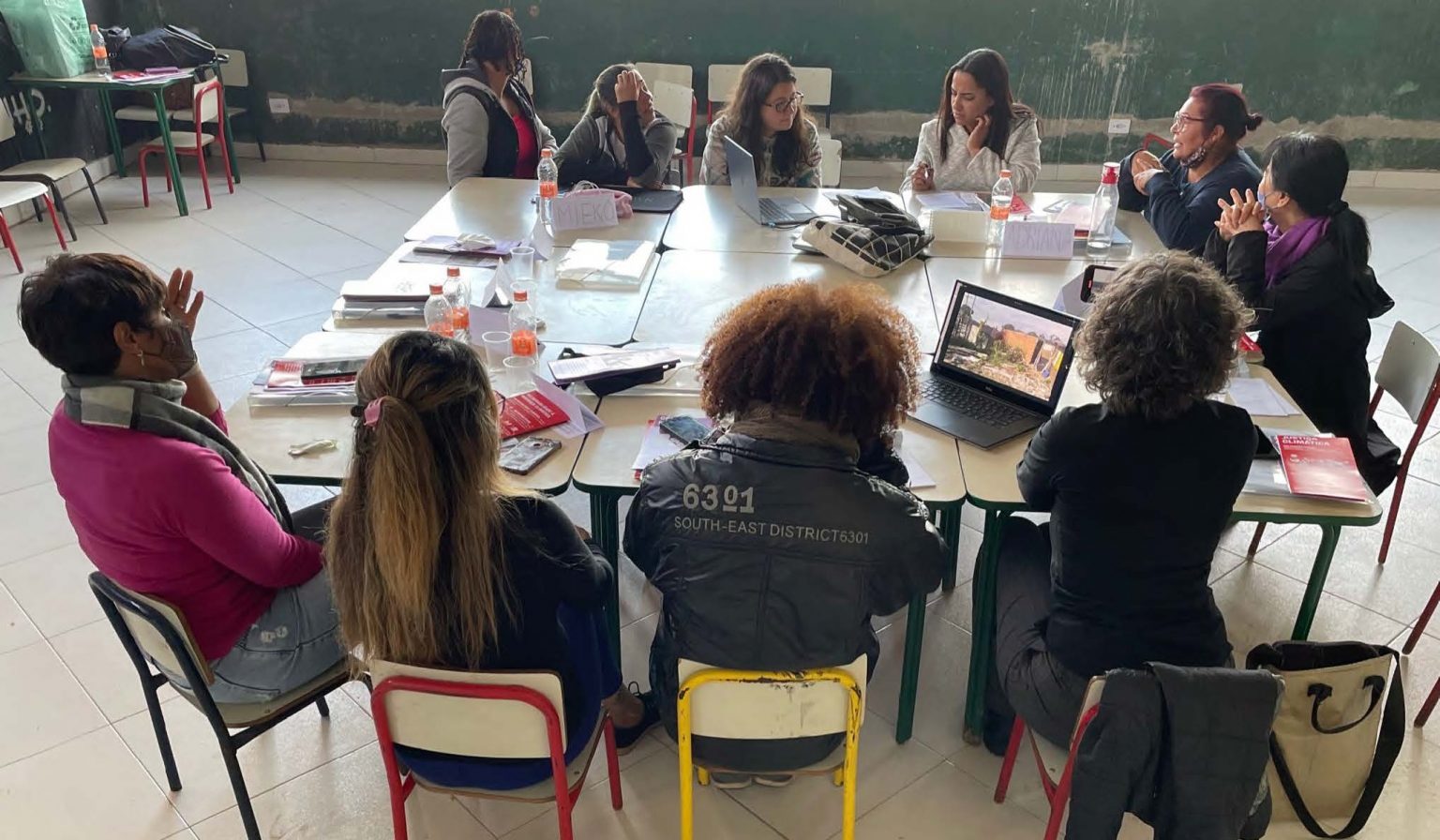
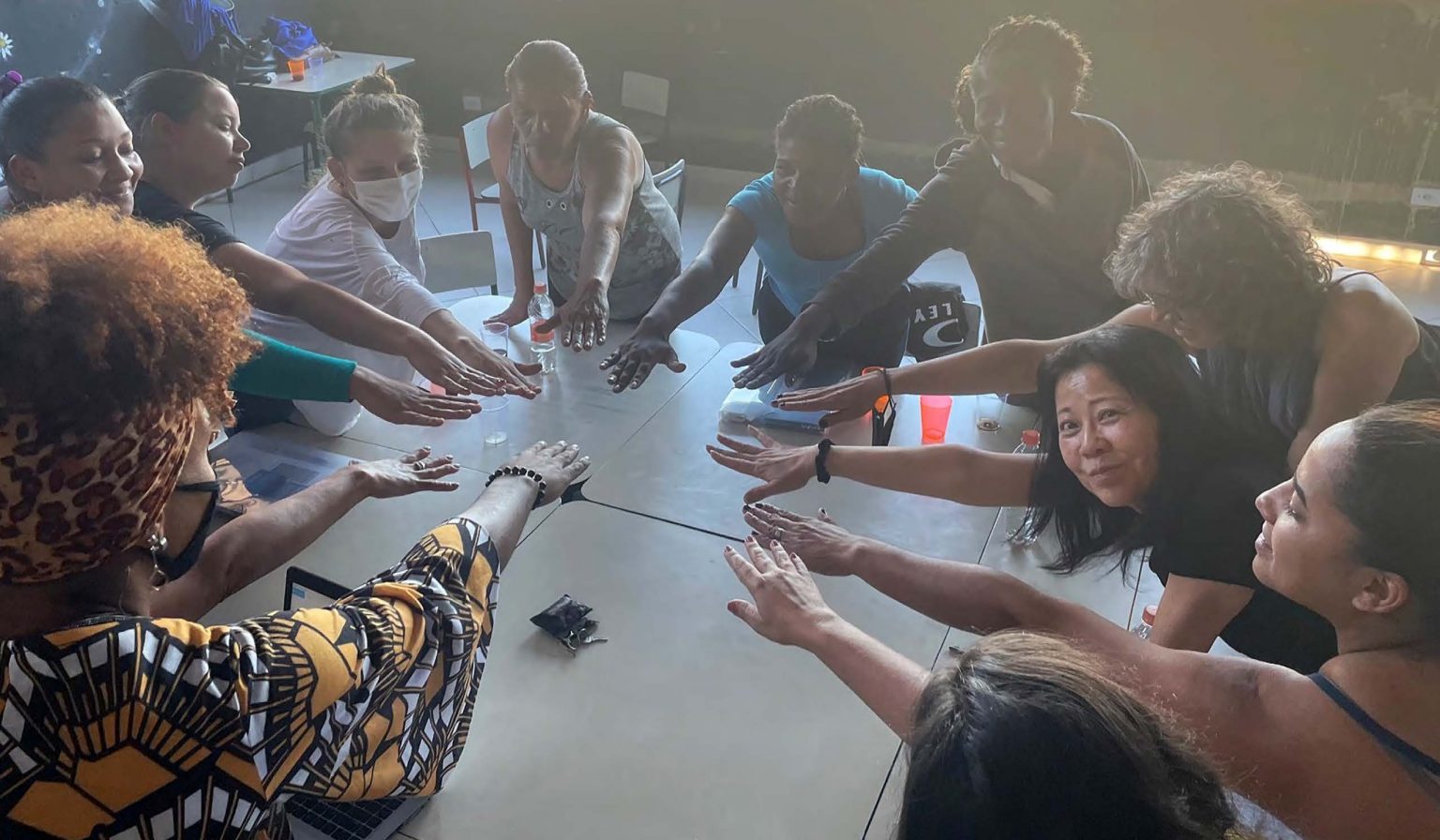
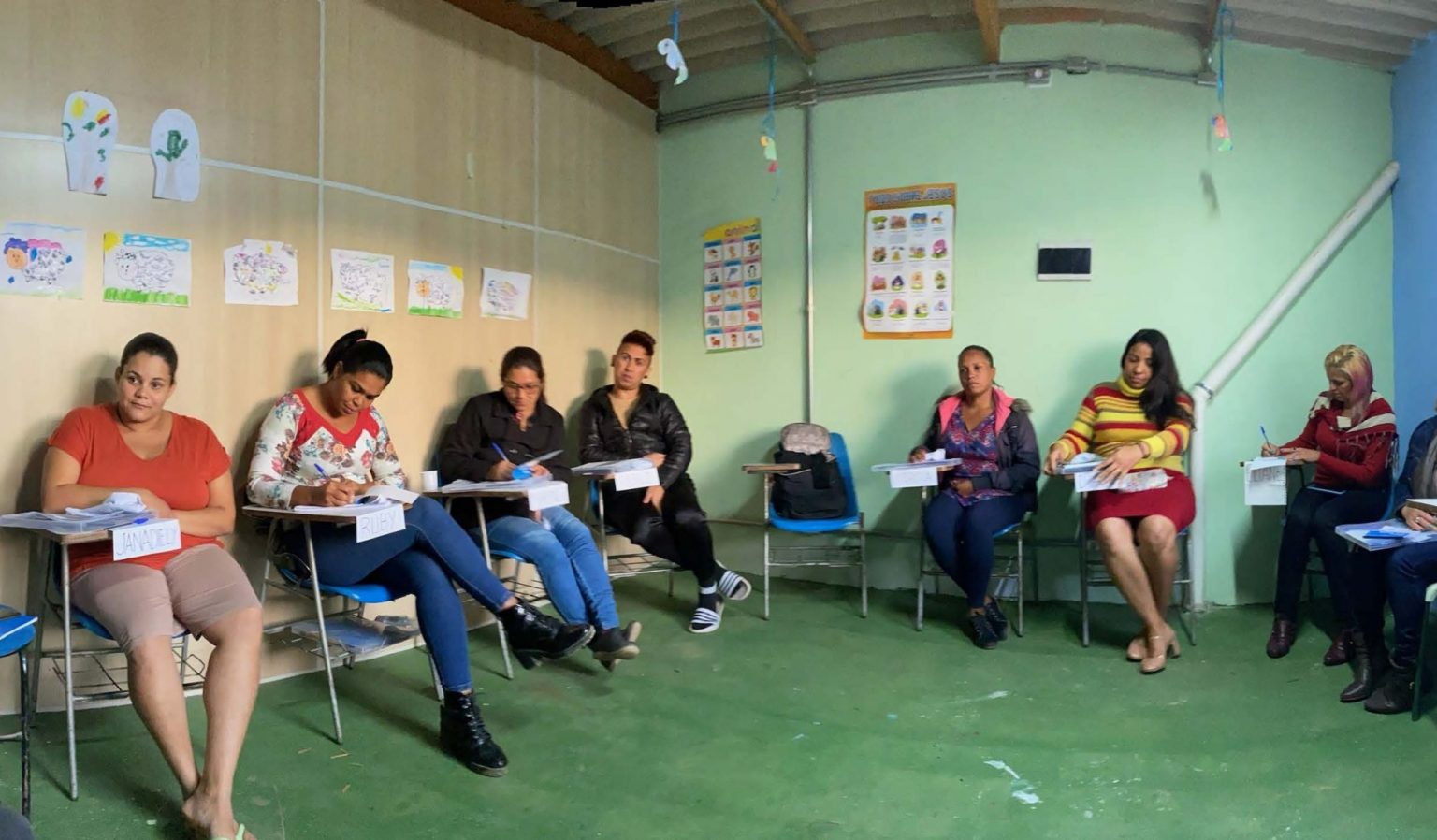
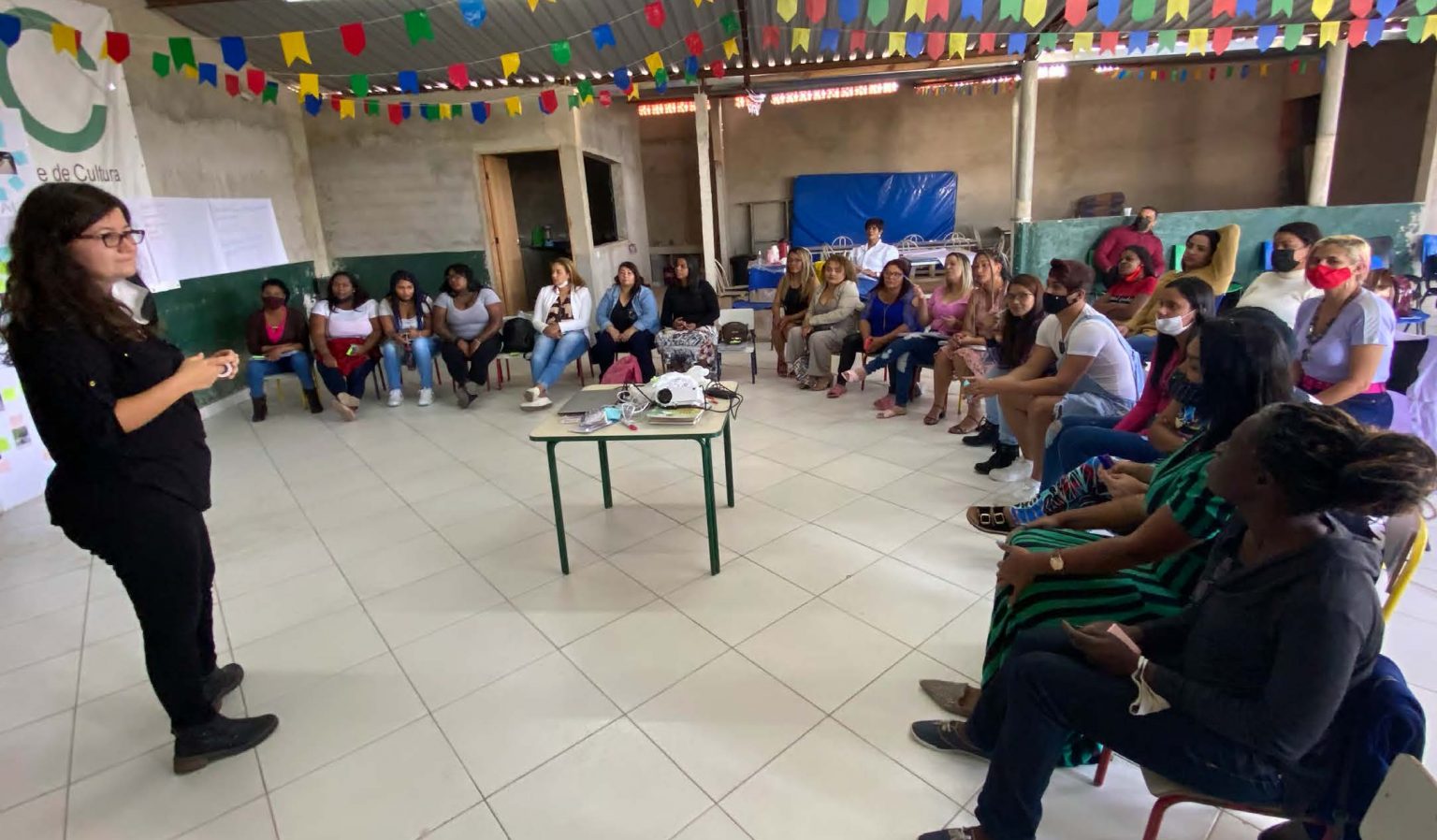
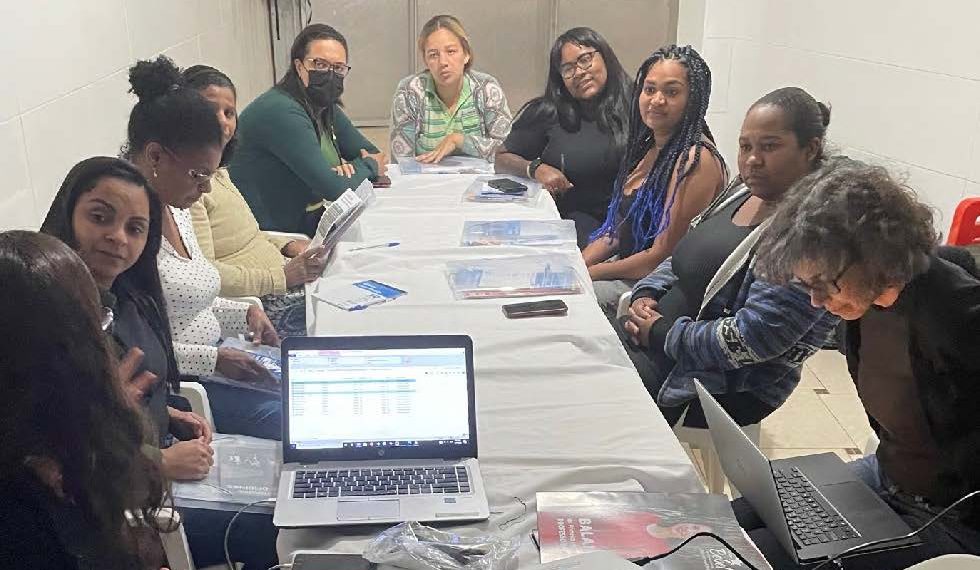
[Against] Community Mapping
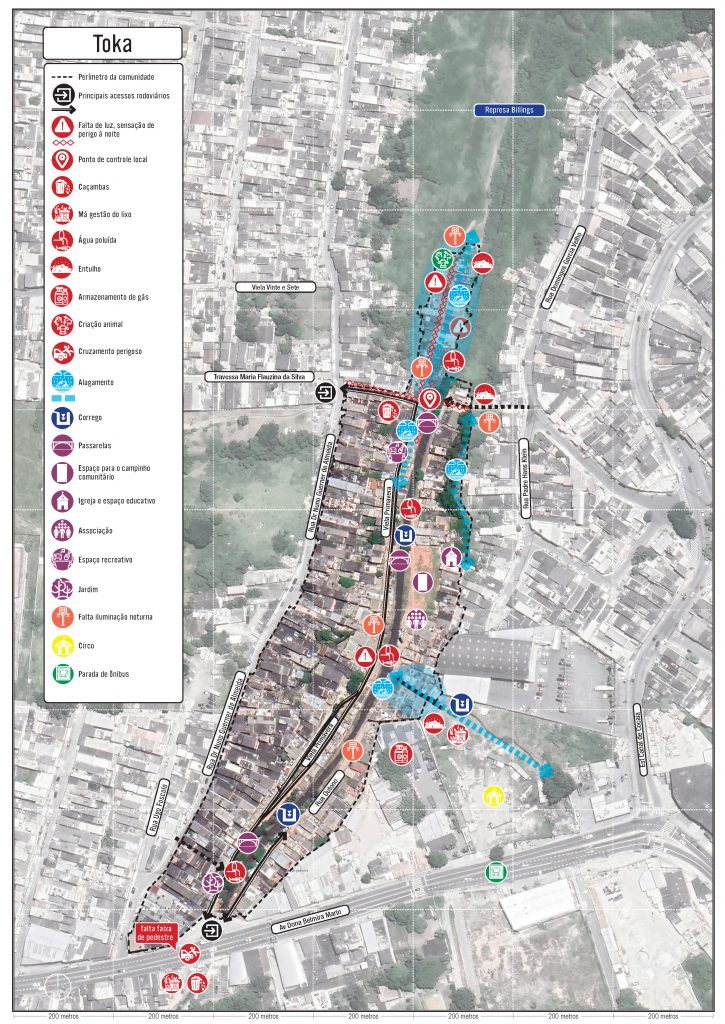
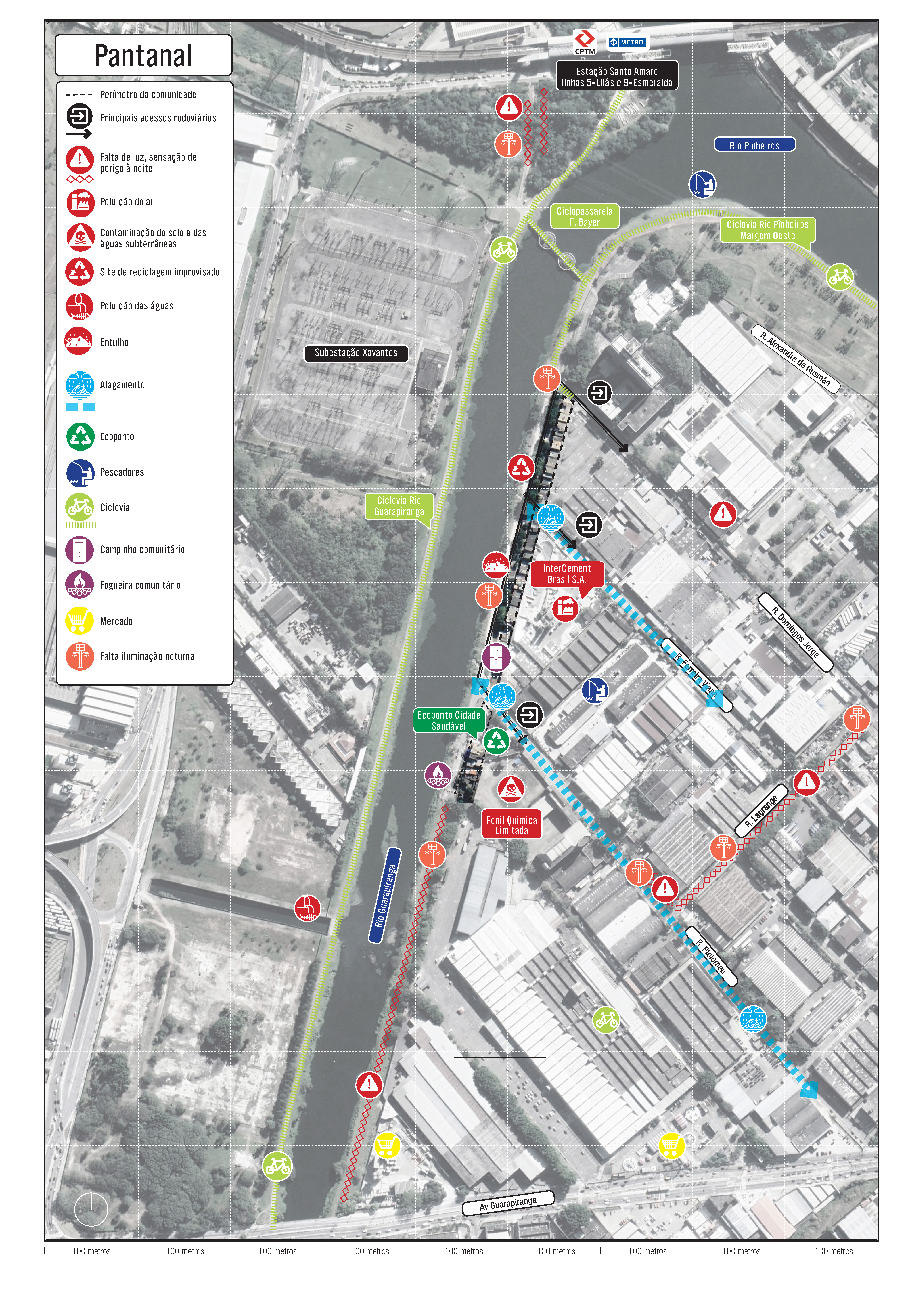
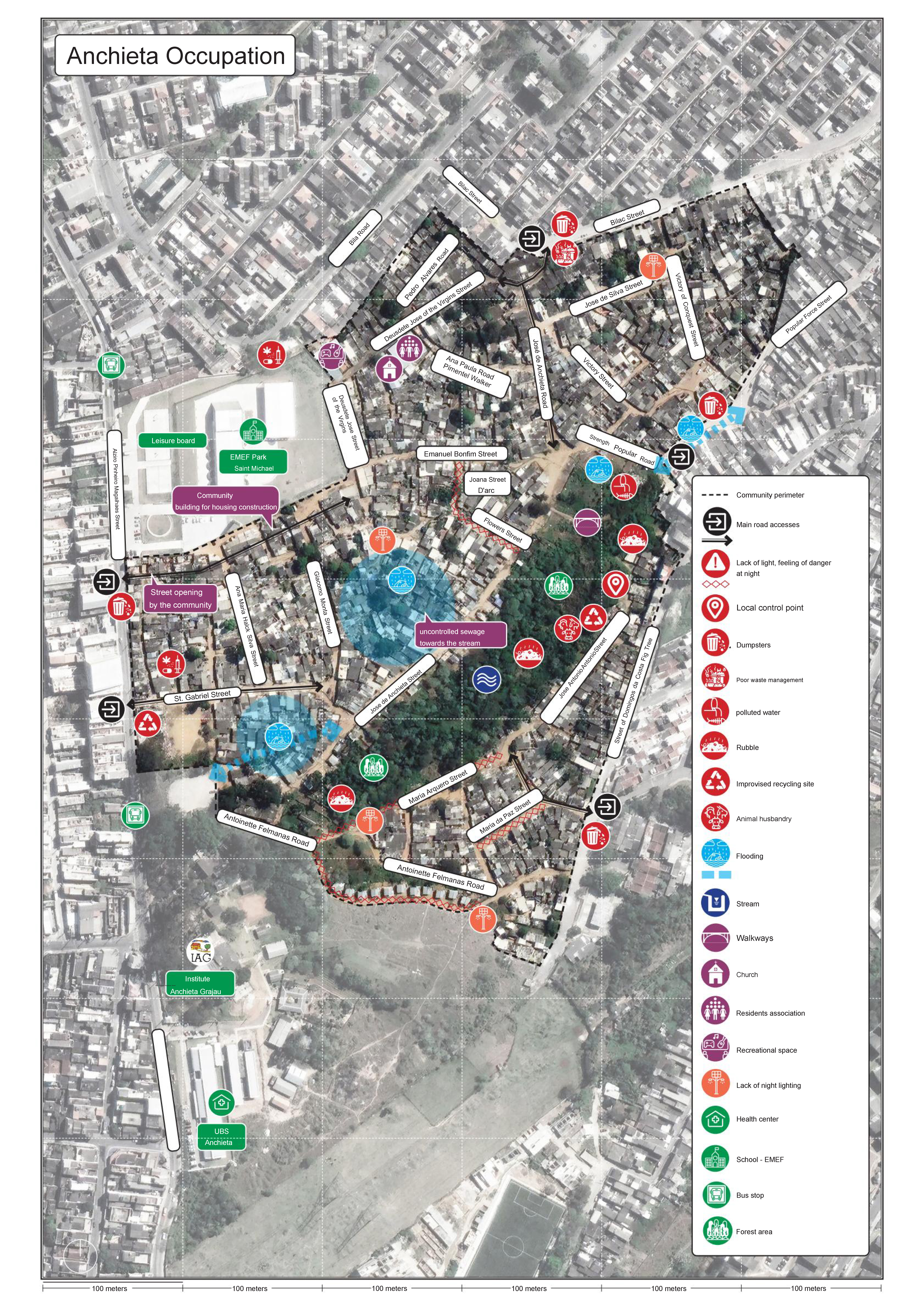
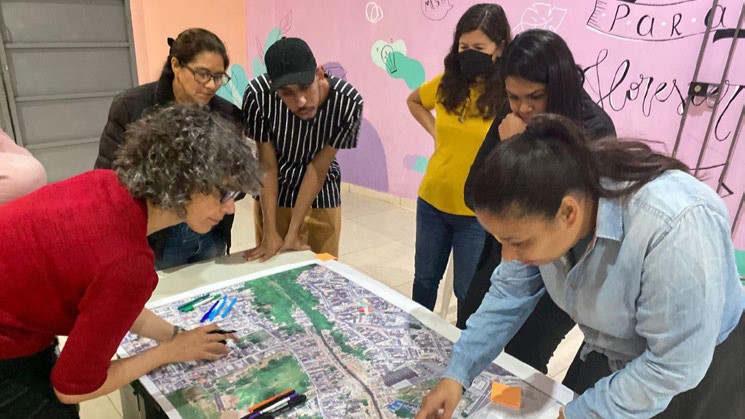

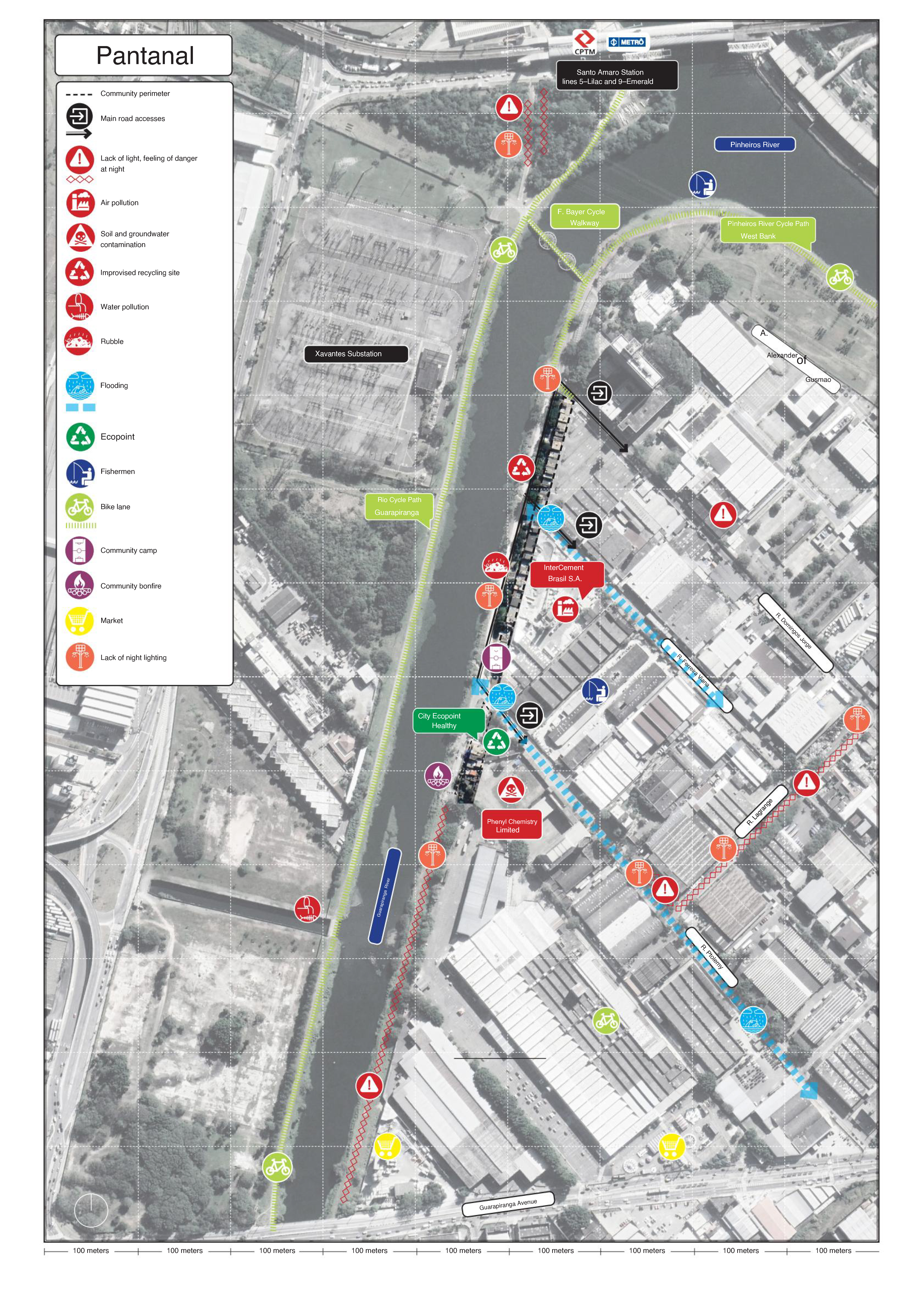
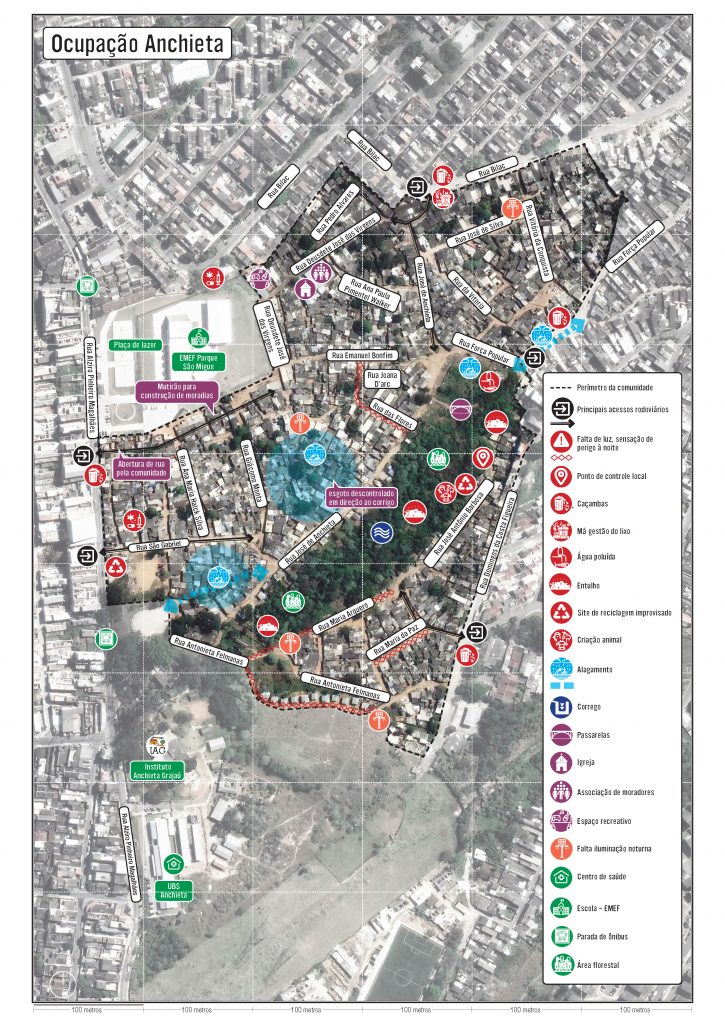
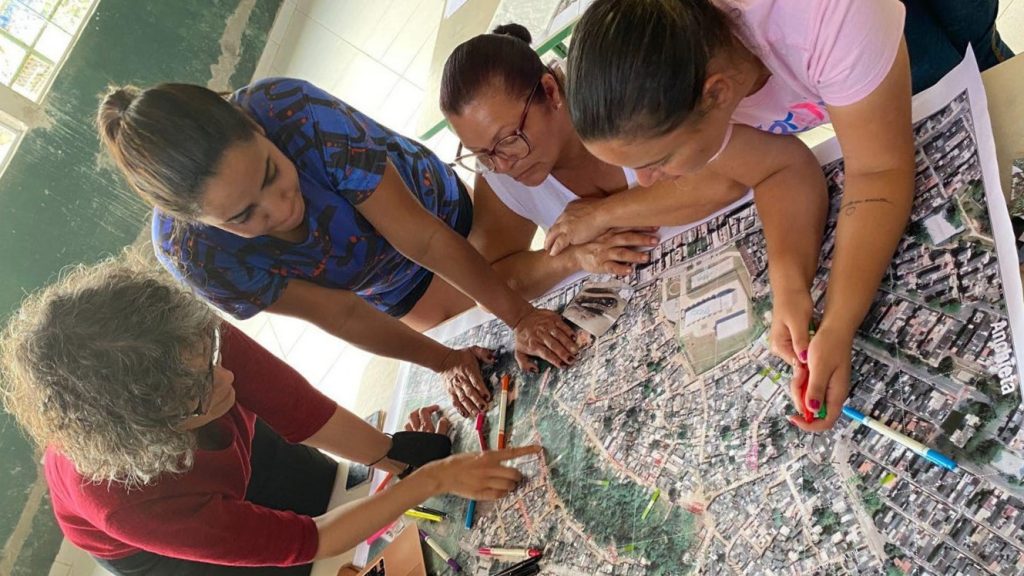
Oral Histories + Community Timeline and Chronology
